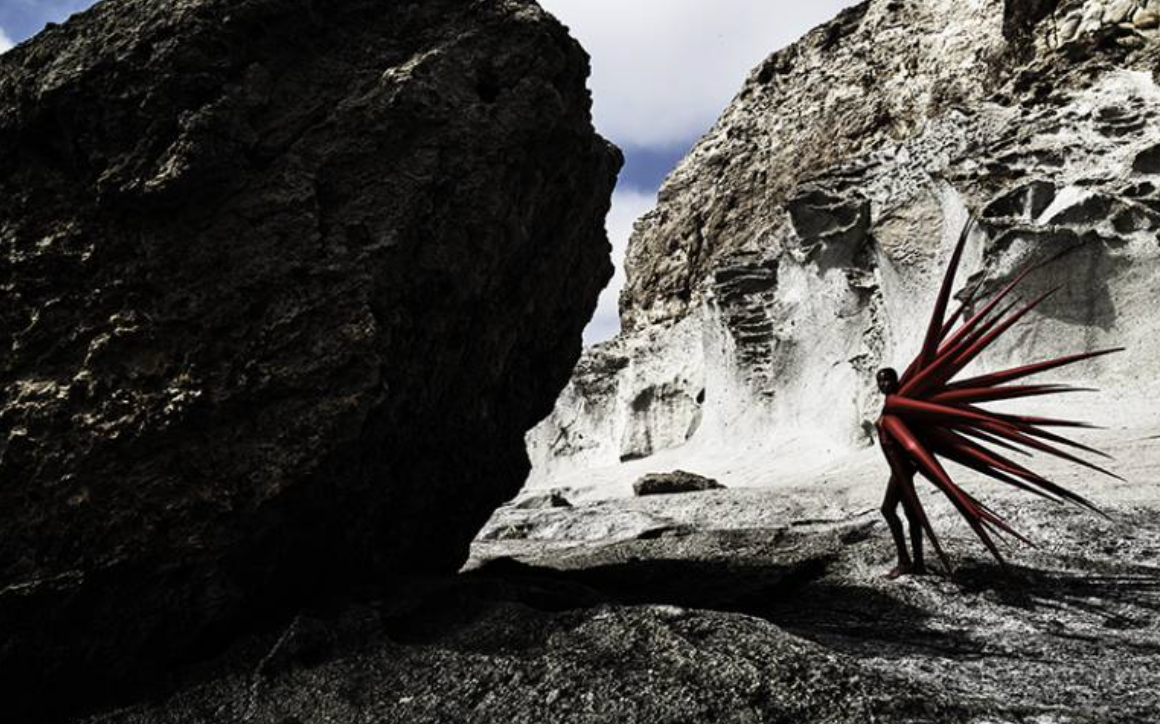
Bartlett Research Conversations: Ramandeep Shergill
Tue 11 May 2021
16:00 -17:30
MPhil/PhD student Ramandeep Shergill discusses his research into biologically integrated exoskeletal systems that respond to the impact of climate change-induced environmental conditions on the human body.
Abstract
In the twenty-first century, consequences of anthropogenic climate change have a substantial impact on the human anatomy. The unknown scope of environmental conditions lead to negative effects on a vulnerable human body. This research reimagines and redefines the body and its relationality to an increasingly environmentally fragile planet, through the proposition of Exoskeletal Hybrid Living Systems (EHLS). A set of biologically integrated interfaces between the body and its surroundings as a protective encasement system is suggested, achieving new aesthetics in modes of critical posthuman practice. Bioregenerative Life Support Systems are interpreted through design and biochemical engineering, responding to internal and external transformations of the human body. The perception of the body as a singular cultural agent is challenged through characterising sympoietic (making-with) alliances. Exoskeletal Hybrid Living Systems (EHLS) are suggested as a response through speculative design, to climatic conditions on Earth and for supporting life beyond Low Earth Orbit (LEO).

General Info